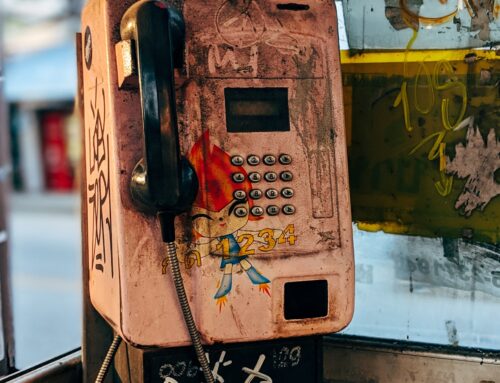This article will discuss how unemployment can be a disaster for your family, and how you can prepare for and manage any possible unemployment in your future. Such unemployment can occur after a disaster, during an economic downturn, and even during normal times.
Unemployment can be a family disaster, especially if the only breadwinner is unemployed. The stress of unemployment can lead to:
- Damaged family relationships when the unemployed person asks to borrow from relatives.
- Bankruptcy
- Foreclosed homes.
- Repossessed cars.
- Depression
- Alcoholism or substance abuse.
- Spouse or child abuse.
- Divorce
- Suicide
Unemployment probably will become more frequent and widespread in the future. Offshoring, outsourcing, contracting, and automation of jobs will reduce the number of jobs available. Those jobs that are available will more often be part time and temporary jobs with no benefits or security. More and more jobs will require some computer expertise.
Given this forecast, how can you prepare for and manage unemployment?
Let’s start with how to prepare for unemployment. Everyone should get out of debt and have at least a six month reserve of money to live on while unemployed and looking for another job. Excessive debt causes bad credit scores which can lessen job seekers’ chances of finding employment. Desperation to obtain living expenses can cause an unemployed person to take any job, even if it will not show a good progression of jobs on a resume.
To get out of debt and build up a 6 month cash reserve, you will have to live at a lower standard of living than that which you can currently afford. The way to achieve this starts with your mindset. Family members will have to understand the difference between their needs and their wants. Will Rogers once said, “Too many people spend money they haven’t earned, to buy things they don’t want, to impress people they don’t like.”
Look upon the money saving suggestions that follow as you would look upon a menu in a restaurant. You would not choose all of the choices on the menu, but only the choices that seem right for you. You might save money by:
- Cutting back from two family cars to one car.
- Buying a used car instead of a new car.
- Letting your parents or adult children move in with you and share housing expenses.
- Renting out a room in your house.
- Moving to a smaller house and selling many of your possessions on Craigslist or eBay.
- Starting a small, part time business.
- Working at an additional, part time job.
- Finding sales and good deals by internet shopping.
- Finding cheap prices by shopping at thrift stores, garage sales, yard sales, and flea markets.
- Collecting and using coupons.
- Saying “no” to offers of extended warranties.
- Putting off shopping until favorable times such as during the Christmas sales.
The above list is only a sampling of ways to save money. Internet research will generate many more money saving tips.
Being able to manage unemployment also is important. Applying for unemployment benefits is important, but the money received probably will be only about half of what you were earning in your job and probably will not last more than six months. Rather than hide your unemployment in shame, it also is important to let as many people as possible know of your unemployment so they can tell you when they hear of employment opportunities.
Your efforts to prep for unemployment have substantial overlap with your efforts to prep for natural or man- made disasters. During periods of unemployment, for example, you can save money by eating the food that you stored for a disaster. Having a dependable car is as important for good attendance at work as it is for bugging out during a disaster. Having cash available during unemployment is as important as having cash available during a disaster when credit cards might not be used due to a power blackout.
Preparing for and managing unemployment is important. As Ben Franklin once said, “By failing to prepare, you are preparing to fail.”






